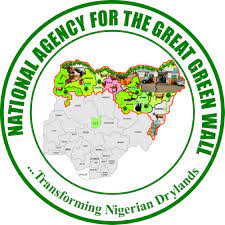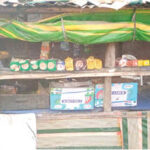The National Agency for the Great Green Wall (NAGGW) said land degradation and desertification are compelling vulnerable communities to leave their ancestral homes.
In a statement by the agency’s Director General, Alhaji Sale Abubakar, during the 16th session of the United Nations Convention to Combat Desertification (UNCCD COP16) in Riyadh, Saudi Arabia, he highlighted the socio-economic consequences of land degradation and drought.
These, he said, include forced migration, security challenges, and threats to prosperity.
Speaking at a high-level panel discussion, Abubakar emphasised how these environmental issues have intensified migration and social instability.
- FG to integrate digital literacy into education system
- 20 passengers rescued from terrorists in Katsina
He presented Nigeria’s strategic framework under the Great Green Wall initiative, which combines land restoration with economic empowerment to address forced migration and bolster security.
The DG noted that the agency’s programmes, which integrate restoration efforts with job creation and local entrepreneurship, have empowered thousands of youths and women. These initiatives provide skills training in sustainable agriculture and agroforestry, offering viable economic alternatives to migration.
Addressing security concerns linked to resource scarcity, Abubakar explained how the situation has often escalated conflicts in fragile regions. However, through the Great Green Wall initiative, the agency has implemented collaborative resource-sharing agreements among farmers, pastoralists, and local governments. These agreements have successfully reduced tensions and fostered peace.
“NAGGW’s delegation also engaged in key discussions on enhancing global and national policies for proactive drought management,” he stated.

 Join Daily Trust WhatsApp Community For Quick Access To News and Happenings Around You.
Join Daily Trust WhatsApp Community For Quick Access To News and Happenings Around You.


